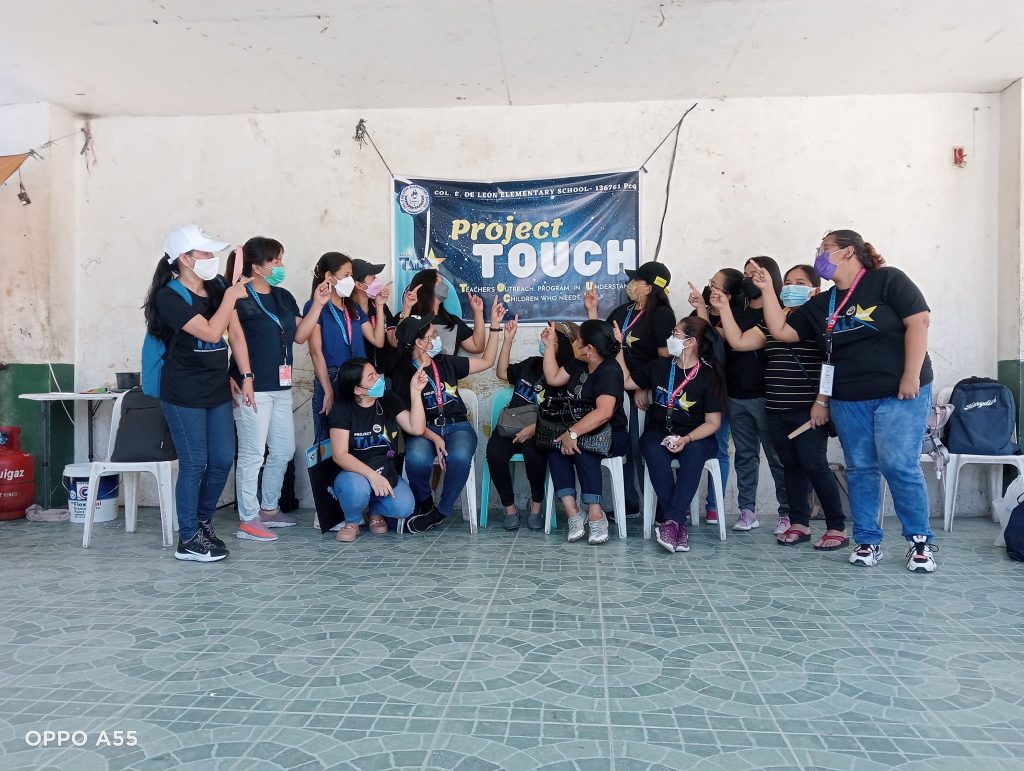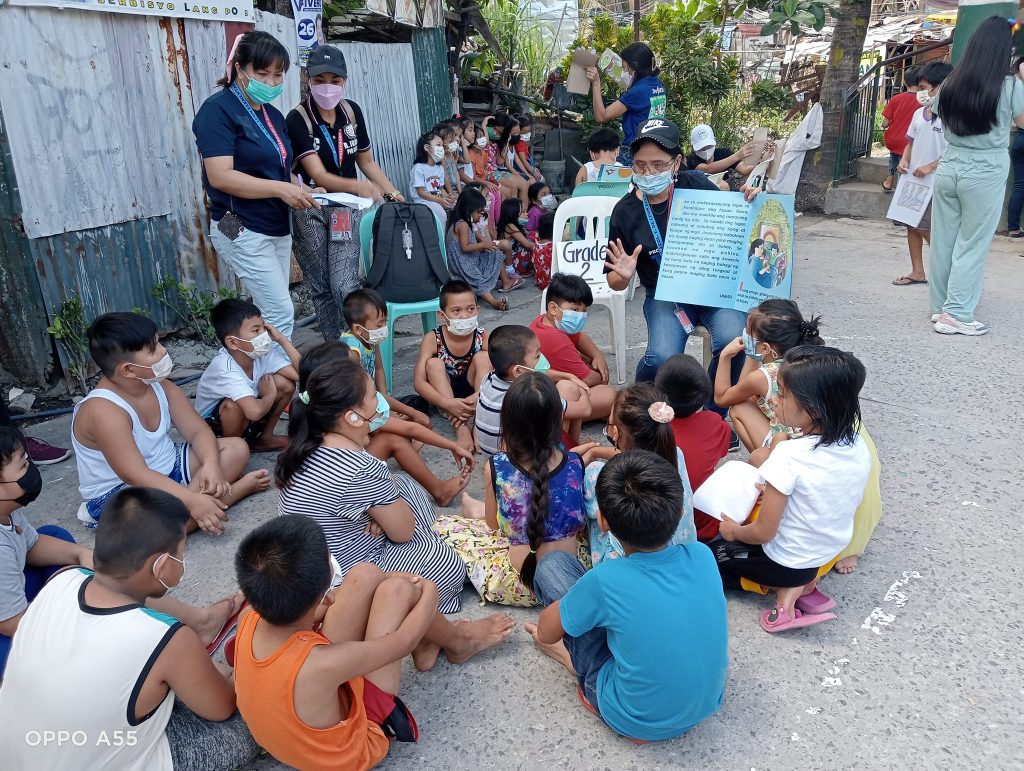COL. E. DE LEON ELEMENTARY SCHOOL LAUNCHES TALA PROJECT AIMING FOR ZERO SCHOOL DROPOUTS



While public education is free from primary to secondary, the Philippines is still having dropouts of learners. The Department of Education has already released a statement on claims about growing numbers of out-of-school youth due to the impact of the pandemic. In connection with this the Department of Education (DepEd) comes up with a remarkable measure to cut the dropout rate and to go after children who are at risk of dropping out and to bring back these children to the learning cycle sticking to the hashtag of the department that when it comes to basic education “no one must be left behind”. The DepEd National Capital Region (NCR) created Project TALA (Technical Assistance for Learner’s At – Risk of Dropping Out). The Schools Division of Paraňaque City anchored its own TALA program from DepEd NCR and consequently all school in the division. Col. E. De Leon Elementary School (CEDLES) named its own TALA project as TOUCH (Teachers’ Outreach Understanding Children who need Help).
Even before the pandemic the problem of school dropout is already an issue that’s why teachers are mandated to honestly report the actual numbers. It is even more exacerbated by the pandemic. Who are these children classified as Learner’s at Risk (LAR) of dropping out? They are children who are constrained by family conflicts/problems, lack of support from parents and significant others when it comes to teaching them at home, those who failed to submit outputs, have parents who are busy working, those who belong to financially hard-up family despite education being free, parents who are resistant and do not communicate or provide feedbacks to teachers, children whose family relocated to other place and simply children whose parents stop them from going to school for whatever personal reasons they may have.
Before the launching acting Guidance Counselors Imelda Carina and Armilene Mendoza the chairman and co-chairman of this project respectively accomplished the first stage of implementation: the pre-implementation stage where they tapped the technical working group (TWG) and coordinators per grade level. These teachers established the database of the Learner’s-at-Risk of dropping out.
The second stage is the implementation. It’s first activity was the launching of the program to bring awareness to the teachers. CEDLES virtually launched its dropout reduction intervention program on March 1, 2022. The action plan of the project was presented and thoroughly discussed. After the launching, the TALA group did not waste any time and had its first outreach program In Galatia, Multinational Village Barangay Moonwalk Paraňaque City on March 26, 2022. The group was in full force and in high spirits. There is nothing more endearing to the learners and parents than a teacher’s touch reaching out to them. There was a lot of singing, dancing, reading and food too. After the group activities in the covered court, the teachers also went out of their way to do home visitation and distribute printed modules. Another accomplished task was the Early Registration of children residing in Galatia for school year 2022-2023. Throughout these, Bgy. Moonwalk’s Peace and Order officers were in attendance. Thanks to Bgy. Captain Robert Alano and staff for always accommodating CEDLES. Succeeding outreach activities will commence every last Saturday of the month in other venues.
The final stage, the post-implementation, will be the evaluation of the school DropOut Reduction Program (DORP) which includes documentation of the best practices. This stage will also determine the best implementers in the division level.
CEDLES school head Dr. Susan J. Corro is motivating all teachers to be involved in this project and at the same time cheering the success of the opening salvo of the TALA group’s very first outreach activity. Identifying children who are at risk of dropping out is important, but it should not stop in encoding the names in the LAR’s database. Rather the teachers must get them on the learning cycle by giving them extra attention and interventions to keep them on board until the end of the school year and ensuing years of their school life.
By LUCILLE T. MENDEZ










 Visit Today : 5
Visit Today : 5 Visit Yesterday : 74
Visit Yesterday : 74 This Year : 805
This Year : 805 Total Visit : 35609
Total Visit : 35609